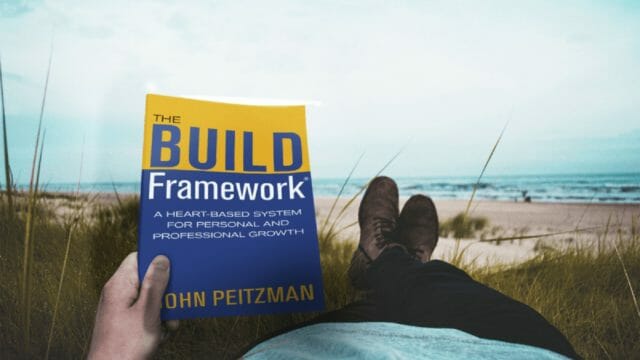Company culture is a hot-button topic. Like most things in life, companies adapt and change over time. From the products or services they offer, to how they engage with their clientele, to their mission and purpose, great companies understand that adaptation in these areas is a natural part of doing business. And these changes come through conscious decisions and directives.
But what about changes to company culture?
Clearly, the 1960’s cutthroat and misogynistic office mentality depicted in shows such as Mad Me is no longer tolerated or acceptable. And we have moved far beyond what is simply unacceptable to a realm of what forward thinking positive changes in company culture can have on employee performance and retention, company reputation and stock prices, and employee engagement and commitment.
According to Teamstage.io, 88% of job seekers say that healthy work culture is vital for success. And we know that job seekers avoid companies with bad reputations, happy employees work harder, and engaged employees are more efficient. This is why employers have actively focused on improving pain points for employees by focusing on open communication, recognition, team-building exercises, profit sharing, and other ways of improving the employee experience.
While all of these are important and will make the work experience better for the employee, they are still about what is in the best interest of the company. But what if there was a way to improve company culture by enriching the lives of the employees independent of their work? This would send a message to the employees that they are cared about beyond what they do for the company.
If you hire a personal trainer, you likely want someone who is knowledgeable and fit, but, most importantly, can get the most out of you. And if you are exercising and living a healthier lifestyle, it will increase your energy, improve your mood, give you more confidence, etc. In a nutshell, it will improve all other parts of your life, holistically.
The same can be said for high performance coaching. It is about helping people identify and reach their full potential in all aspects of their lives—not just work. Whether it is through an internal program, and outside consultant, or a retreat, here are five questions to help employees on the path to high performance:
- What are your long-range career and life goals?
- What do you truly enjoy doing?
- What fundamental changes do you want to make in your life?
- What is your process for handling setbacks or challenges?
- What fears or worries hold you back?
Working with employees on high performance coaching is about helping them cut through the minutiae of emotional interference that is preventing them from operating at an optimal level. Ultimately, a company’s culture is defined by the people who represent the company. And if they are operating at an optimal level personally, then they will be happier, more engaging, and more dedicated in all aspects of their lives—including work.








